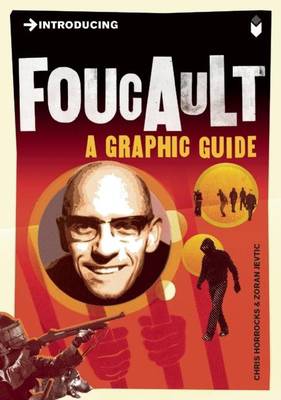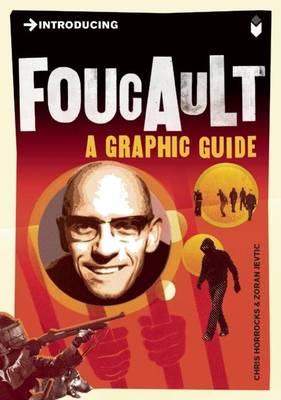
- Afhalen na 1 uur in een winkel met voorraad
- Gratis thuislevering in België vanaf € 30
- Ruim aanbod met 7 miljoen producten
- Afhalen na 1 uur in een winkel met voorraad
- Gratis thuislevering in België vanaf € 30
- Ruim aanbod met 7 miljoen producten
Zoeken
Omschrijving
Michel Foucault's work was described at his death as 'the most important event of thought in our century'. This book places his work in its turbulent philosophical and political context, and explores his mission to expose the links between knowledge and power in the human sciences, their discourses and institutions.
Specificaties
Betrokkenen
- Auteur(s):
- Illustrator(s):
- Uitgeverij:
Inhoud
- Aantal bladzijden:
- 175
- Reeks:
Eigenschappen
- Productcode (EAN):
- 9781848310605
- Verschijningsdatum:
- 4/06/2009
- Uitvoering:
- Paperback
- Afmetingen:
- 119 mm x 168 mm
- Gewicht:
- 130 g

Alleen bij Standaard Boekhandel
+ 25 punten op je klantenkaart van Standaard Boekhandel
Beoordelingen
We publiceren alleen reviews die voldoen aan de voorwaarden voor reviews. Bekijk onze voorwaarden voor reviews.











